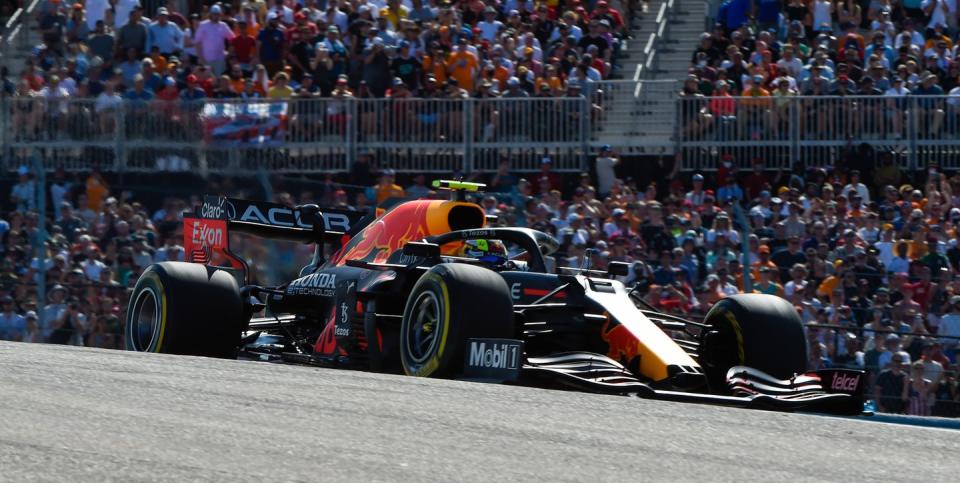Alpine F1 Boss Says Growth of Formula 1 in the US a “Perfect Storm”

The Netflix show Drive to Survive is just part of a turn of events that has helped Formula 1 grow its footprint in the United States, says Alpine Racing boss Laurent Rossi.
Championship points leader Max Verstappen, however, is not a fan of "fake" content or made-up rivalries and has shunned the cameras.
Rossi also gives American stakeholder Liberty Media major props for the sport's growth in new markets.
Alpine F1 Racing boss Laurent Rossi is the first to admit he didn't watch the early episodes of the Formula 1-themed Netflix series Drive to Survive.
"My friends were telling me that I should watch it," Rossi said in a Zoom interview from Austin, Texas, two days before this year's F1 US Grand Prix. "I said, 'no, sorry, I watch the races and that's enough.' But then I watched it, and then said, 'Nicely done, guys. This is entertaining!'"
Rossi is certainly glad that US fans have embraced the show more than he did early on. According to the Rossi, Drive to Survive is just part of a turn of events that has helped Formula 1 grow its footprint in the United States.
Not everyone is on board with at least one contributing factor to the growth. F1 championship points leader Max Verstappen has shunned the cameras and the producers of the Netflix series, saying that he's not a fan of what he calls "fake" content or made-up rivalries. At least Verstappen is doing his part, on track anyway, to pump up the volume of Formula 1 in the United States. His win on Sunday at the US Grand Prix in Austin came before an announced record weekend crowd of 400,000 fans.

"We had a perfect storm, if you will, or alignment of stars," said Rossi. "In fact, COVID even helped us. Because while there was COVID, few sports ran with fans in the stadiums or in the premises, and (F1) could. You could still watch Formula 1 from your couch. It's almost as good as watching it from the stadium. That helped us carry on while many other sports had stopped.
"At the same time, there was the Netflix show, and there were other (shows) on drivers here and there. What people discovered is the the sport has changed. You have to have something real behind it. The sport has changed. It's catering to the real of society at large—greener, more sustainable, more inclusive, diverse, that helps. "
Mercedes team principal Toto Wolff said that he, too, was wrong, at least early on, about Drive to Survive and the impact it would have on new fans, especially in the States.
"We were not keen at the beginning of Netflix because we wanted to concentrate on on-track performance, and I was wrong," Wolff said in Austin. "It's clearly a big success. Everywhere in the world it was the number one documentary on Netflix for quite a while, and it's become part of Formula 1 and you can clearly see it's beneficial. Yes, we're a sport and we need to stay true to the values of the sport and have no gimmicks—but sport is entertainment and I think these guys have brought us a new angle, a new dimension, and the feedback that we get from fans is tremendous—especially here in the US."
McLaren Racing chief executive Zak Brown, an American who made his name in the marketing game, agrees.

 Yahoo Autos
Yahoo Autos 